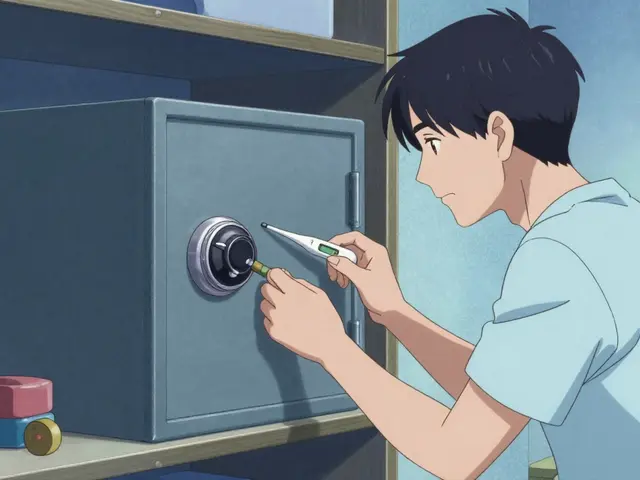Manic Depressive Disorder: What It Is, How It Shows Up, and How to Manage It
If you’ve heard the term "manic depressive disorder" or "bipolar disorder," you might wonder what exactly it means. In plain words, it’s a mental health condition where mood swings swing between high energy periods (mania) and low, sad periods (depression). Those swings can happen quickly or take weeks, but they’re real and can affect work, relationships, and daily life.
Spotting the Signs
During a manic phase you might feel unstoppable – sleeping little, talking fast, taking risks, or spending money without thinking. Some people say they’re on a "high" that feels good at first but can turn chaotic. In contrast, a depressive phase brings fatigue, loss of interest in things you used to enjoy, trouble concentrating, and sometimes thoughts of self‑harm.
Notice the patterns: are these moods lasting days or weeks? Do they repeat over months? If yes, it’s worth talking to a doctor. Early spotting helps keep episodes from getting too severe.
Treatment That Works
The good news is bipolar disorder can be managed. Doctors usually combine medication with therapy. Mood stabilizers like lithium or newer options such as lamotrigine help smooth out the highs and lows. Antidepressants might be added carefully, but only under close supervision because they can trigger mania.
Therapy adds tools for daily life. Cognitive‑behavioral therapy (CBT) teaches you to recognize early warning signs and change unhelpful thoughts. Lifestyle tweaks matter too – regular sleep schedule, balanced diet, and limiting alcohol or drugs keep mood swings in check.
If you’re already on medication, never stop it without a doctor’s advice. Even when you feel great, the medicine is keeping your brain stable.
Support from friends and family makes a big difference. Let people know what to look for during a manic or depressive episode so they can help you stay safe.
Bottom line: manic depressive disorder isn’t a life sentence. With proper meds, therapy, and solid daily habits, most people lead full, productive lives. If you suspect you have bipolar symptoms, reach out to a mental‑health professional today – the sooner you start, the easier it is to stay balanced.
The Benefits of Service Animals for Individuals with Manic-Depressive Disorder
In today's blog post, I wanted to shed some light on the amazing benefits that service animals provide to individuals with manic-depressive disorder. These incredible companions not only offer emotional support, but also help with daily tasks and promote a sense of stability in their owner's lives. The unconditional love and companionship they provide can greatly reduce feelings of isolation and loneliness. Additionally, service animals can assist in detecting and alerting their owners of mood swings, which allows for better management of the disorder. I truly believe in the power of these furry friends to improve the quality of life for those living with manic-depressive disorder.






